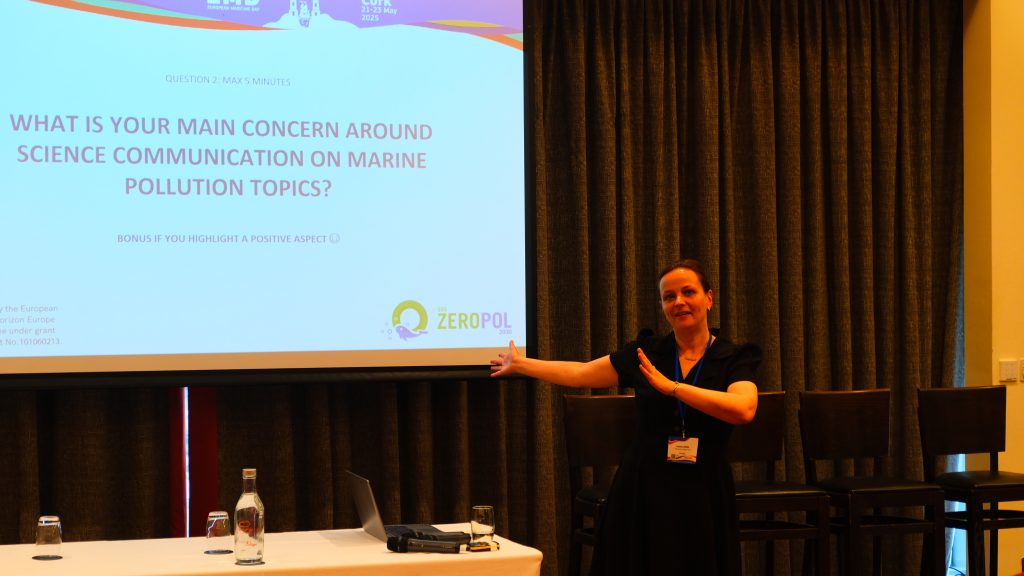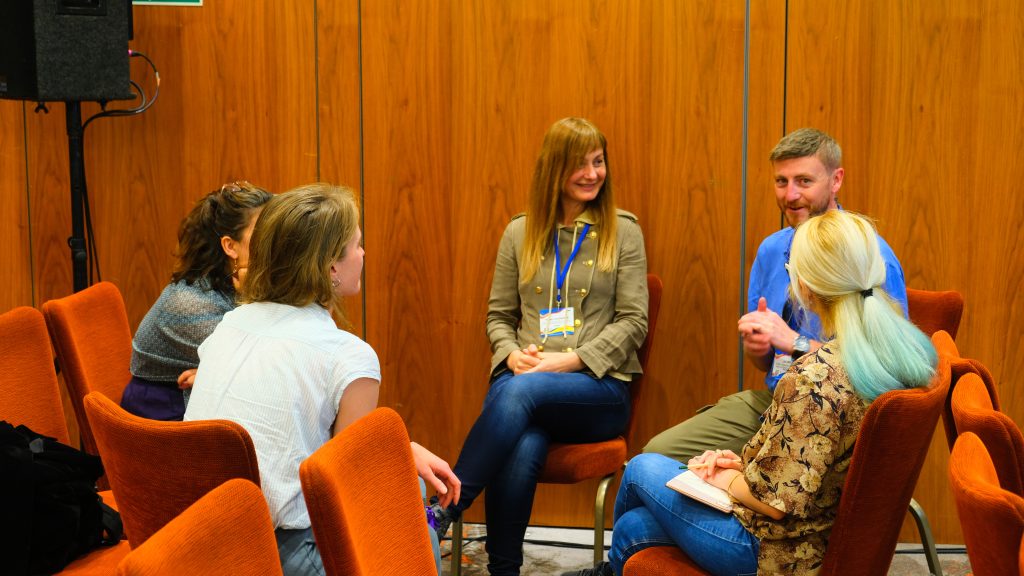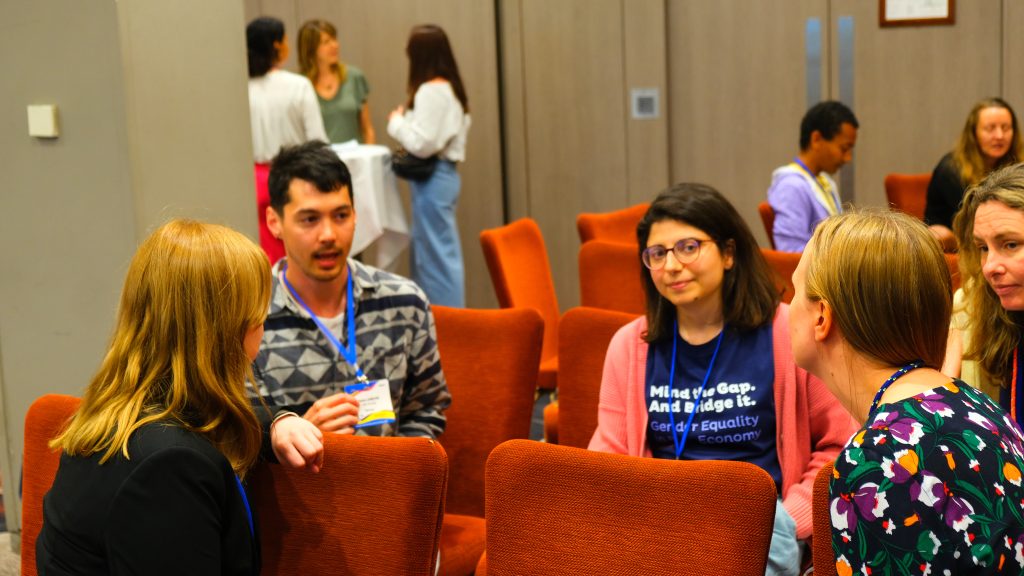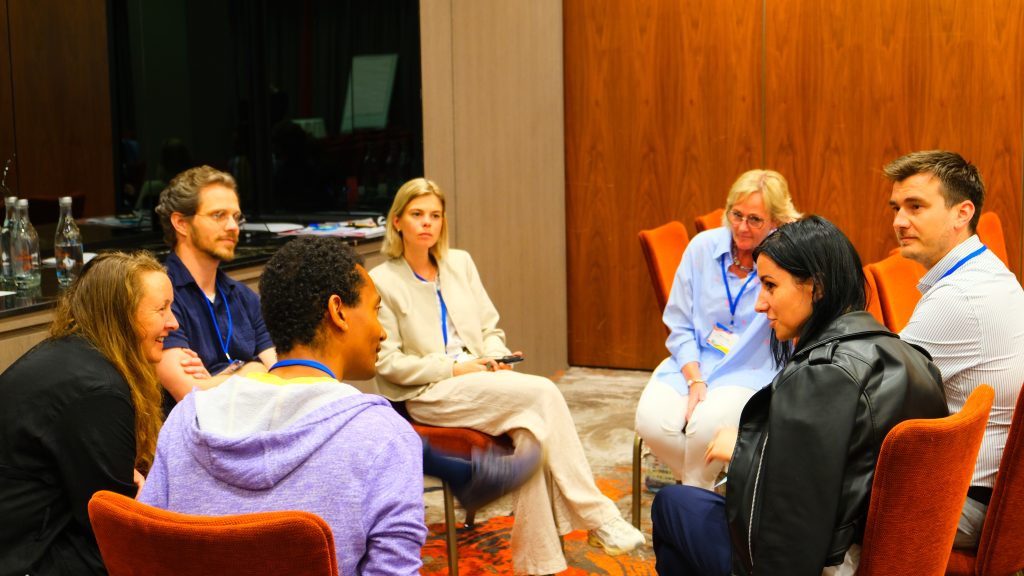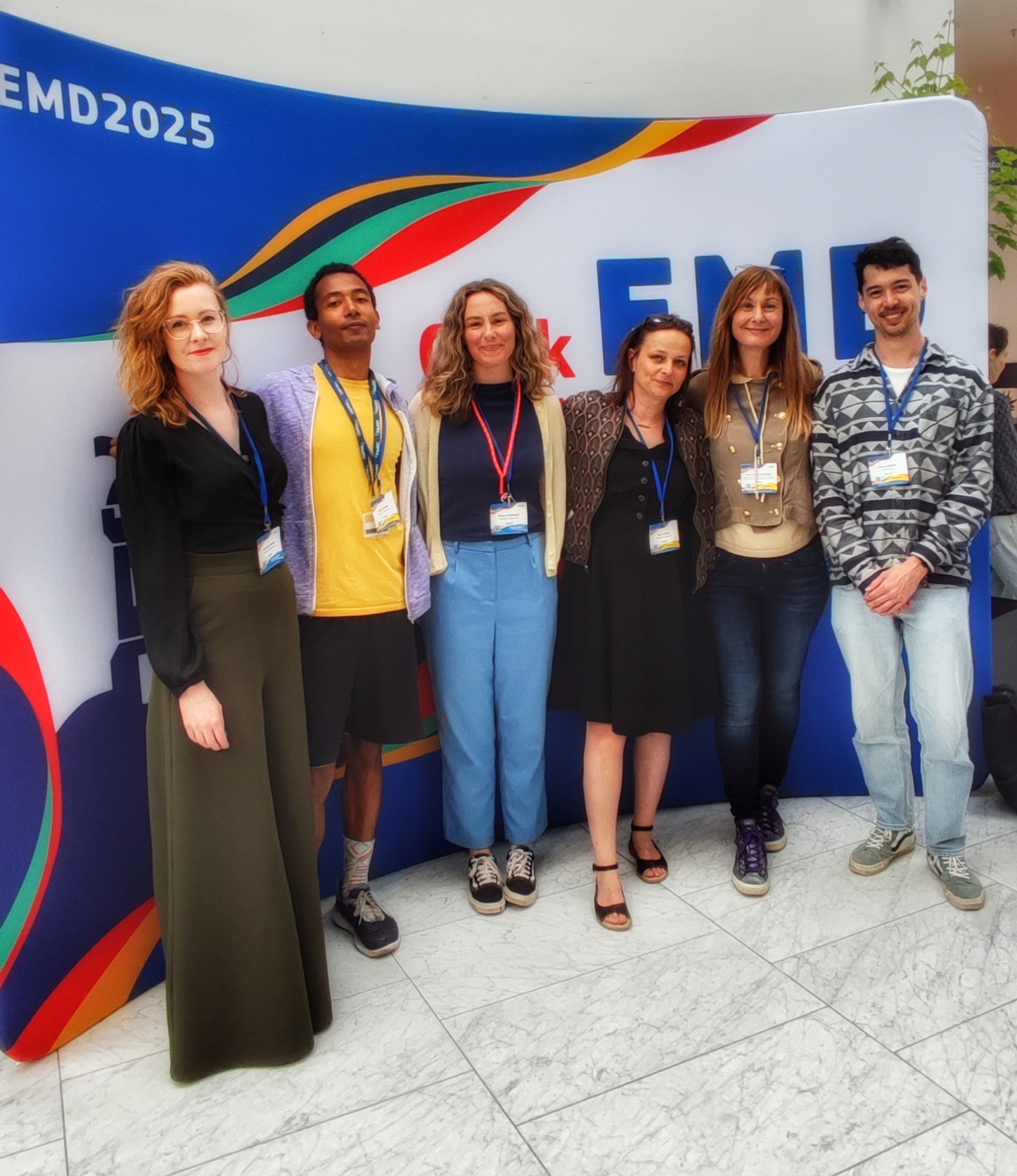 European Maritime Day 2025 (EMD2025), held in Cork City, convened over 1,300 stakeholders from across Europe and beyond, representing a diverse spectrum of maritime sectors, policy domains, and civil society. This year’s edition served as a dynamic platform for advancing dialogue and cooperation on sustainable maritime development. The event featured a rich array of activities, including exhibitions on the blue economy and marine environmental innovation, keynote addresses by prominent ocean leaders and structured networking sessions via B2Match.
European Maritime Day 2025 (EMD2025), held in Cork City, convened over 1,300 stakeholders from across Europe and beyond, representing a diverse spectrum of maritime sectors, policy domains, and civil society. This year’s edition served as a dynamic platform for advancing dialogue and cooperation on sustainable maritime development. The event featured a rich array of activities, including exhibitions on the blue economy and marine environmental innovation, keynote addresses by prominent ocean leaders and structured networking sessions via B2Match.
As part of EMD2025, University College Cork, MIO-ECSDE and GRID-Arendal, organized a SOS-ZEROPOL2030 workshop on science communication and stakeholder engagement in the context of marine pollution. The workshop showcased the project’s creative, evidence-based strategies for making information on marine pollutants more accessible and engaging for diverse audiences. Central to the discussion was the project’s Living Lab approach, which engages stakeholders in three regional seas to address under-researched and poorly regulated pollutants like Tyre Wear Particles (TWPs) and PFAS, which are increasingly present in our marine environments. Led by a diverse team of experts in marine pollution, science policy, stakeholder engagement, and science communication, the workshop introduced several of the SOS-ZEROPOL2030 approaches:
- Kathrin Kopke (University College Cork, Ireland), Project Coordinator, opened the session, introduced SOS-ZEROPOL2030 and moderated the workshop.
- Thomas Heising (University College Cork) introduced the ZEROPOL Hub, an online library that provides accessible, reliable, searchable and scientifically validated resources on marine pollution for diverse audiences.
- Remco Lameijer (GRID-Arendal, Norway) showcased interactive StoryMaps on PFAS and TWPs, demonstrating how narrative-driven visuals can demystify complex topics.
- Thomais Vlachogianni (MIO-ECSDE) presented on stakeholder engagement strategies in the Mediterranean with focus on TWPs, emphasising the value of regional Living Labs in co-creating science-based and fit-purpose solutions.
Participants took part in small group discussions to share their insights on key challenges and positive developments related to science communication and stakeholder involvement in marine pollution issues.
Key challenges included:
- Short project timelines and insufficient funding for sustained communication efforts
- Limited institutional support for science engagement roles
- Language barriers and difficulties in translating scientific concepts
- Sensationalism and misinformation in mainstream and social media
- Loss of nuance and over-reliance on generic or AI-generated summaries
Main positive developments included:
- Growing use of transdisciplinary and gender-balanced approaches
- Greater appreciation for stakeholder engagement and co-creation
- Expansion of creative communication tools like serious games and citizen science
- Increasing use of visual storytelling and sensory experiences
- An increase in science communication roles and public interest in environmental issues
- Enhanced ability to counter misinformation through best practice sharing
Participants summarized their shared perspectives by identifying key strengths and weaknesses in current approaches.
| Strengths | Weaknesses |
|
|
The SOS-ZEROPOL2030 workshop underscored that effective science communication and stakeholder engagement are not optional, but absolutely essential for successfully addressing the complex challenges of marine pollution and fostering sustainable, collaborative solutions.
You can read this in French here
